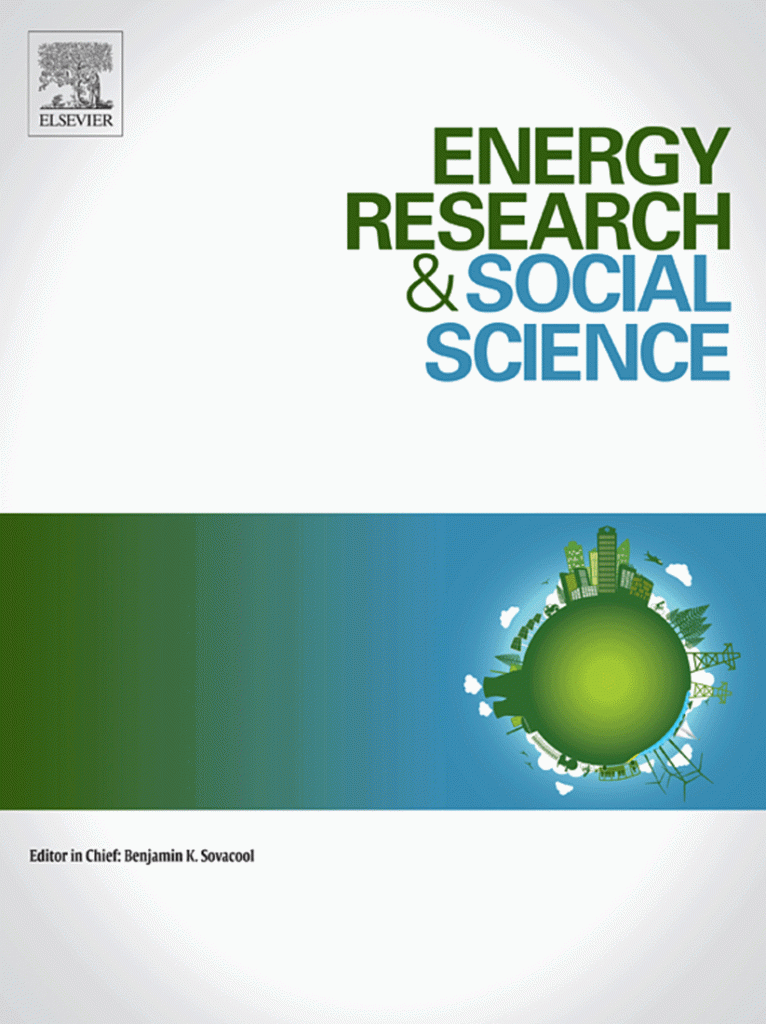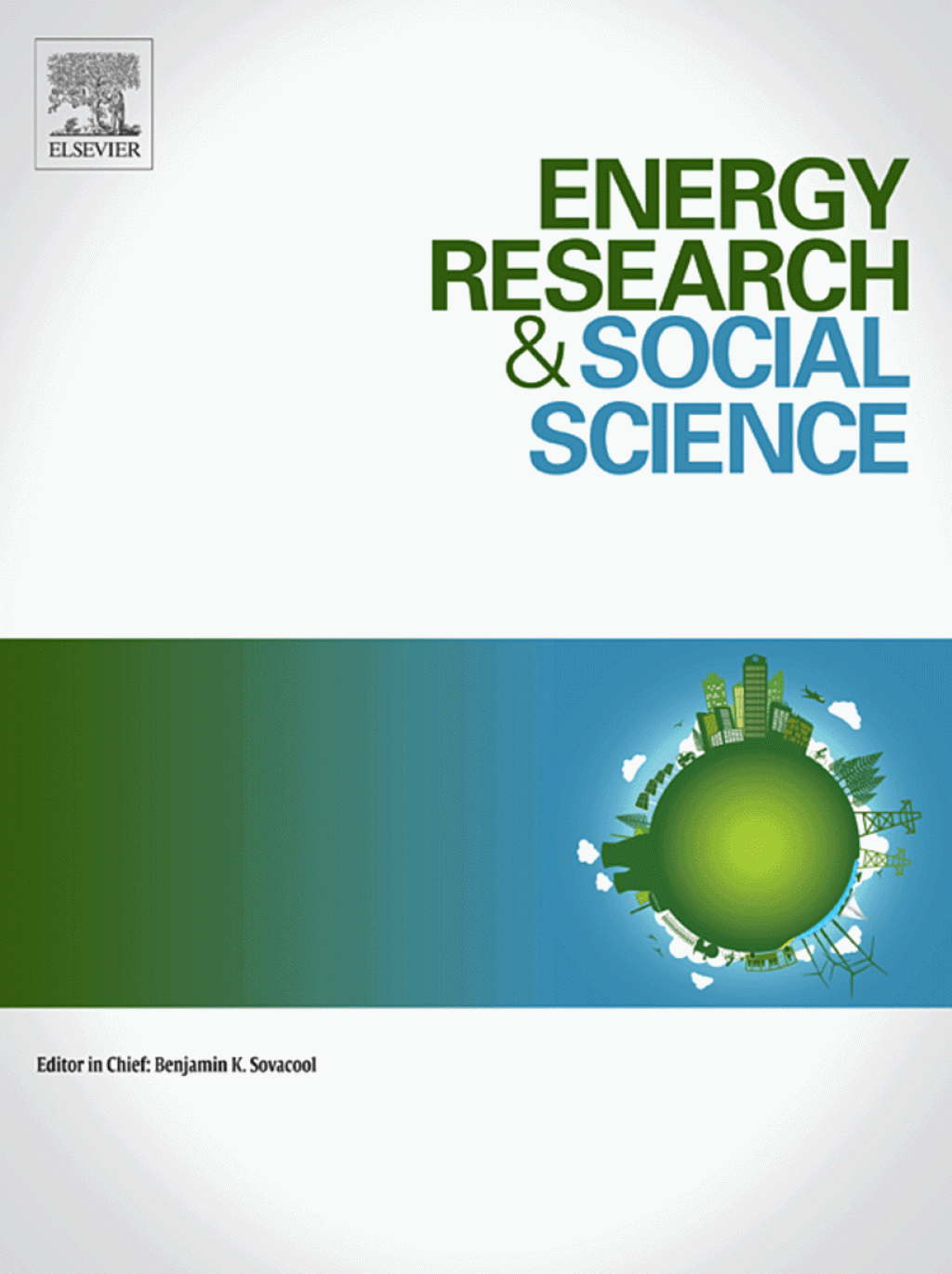Driving towards a just transition? The case of the European car industry
Authors: John Szabo, Peter Newell
In: Energy Research & Social Science, Vol. 115, Paper: 103649
DOI: https://doi.org/10.1016/j.erss.2024.103649
Abstract
Actors within the European Union are seeking to pursue a just transition in their shift to a low carbon energy system, but their ability to do this often conflicts with relations of power embedded in the geographical distribution of global capitalist production. This paper explores the shift from manufacturing internal combustion engine vehicles to electric vehicles in Europe and highlights how, despite attempts to address justice issues in this transition, it reproduces regional and social inequalities. We seek to explain this by drawing on literature on global production networks and world-systems theory to show how pre-existing inequalities between key actors are often deepened, as high value added processes are retained in the so-called ‘core’ countries while the ‘semi-periphery’ states of Europe are forced to compete against one-another to maintain the economic growth and employment that underpins their legitimacy. Although a just transition implies attention to procedural, distributive, and restorative aspects of justice, this paper shows how difficult it is to address each of these dimensions in practice through the case of the European automotive sector and relations between manufacturers in Germany and Central and Eastern Europe in particular.




